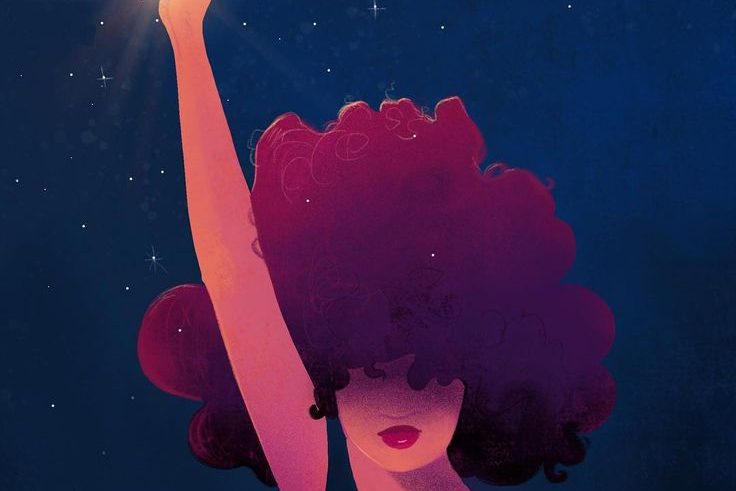The Difference with OUR Hair
February 10, 2023
For years, African American Women have been put down for their hair. “It’s too big” and “It must be so hard to manage.” is something I’m sure all black women are sick of hearing. Black hair is beautiful with the unique textures and styles the flow of our curls stopping at our shoulders or going down to our feet. Hair that is connected spiritually from our roots for years, African American women and men have used styles called protective styles. Throughout history, these braids or styles to protect our hair came from defining tribes one being the Samburu tribe and they wore super small but long braids and or dreads called Micro braids\ micro dreadlocks. These braids would take hours but would turn out so beautiful. More on this beautiful hairstyle and Samburu culture is on https://artsandculture.google.com/story/JwWh0Lc7NlRtIQ?hl=en
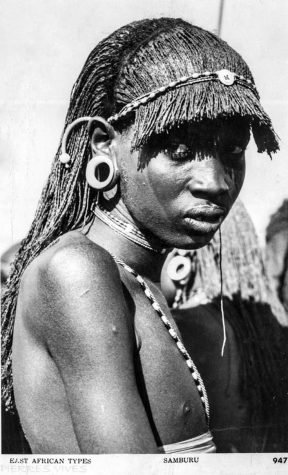
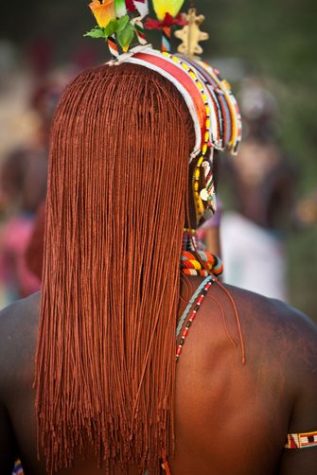
African Americans even hid rice and seeds in their braids and used it as sustenance on their way to enslavement. braids and styles continued for years and years, but many African American women flocked when a hot comb and perm came into the mix. The comments of colorist racist people saying their hair is a “chore” and “ugly” pushed many of them to perm their hair and damage their hair their curl patterns. Which is where the term, “you look so much better with straight hair.” came to play it felt like a sense of belonging for some of us, people started to notice us behind our “unmanageable” curls and textures. As if we forgot the beauty and power within our curls and our hair.
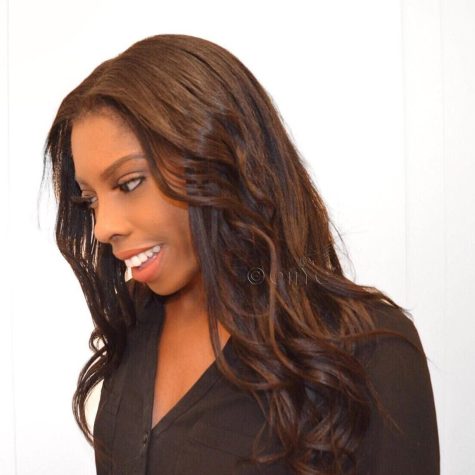
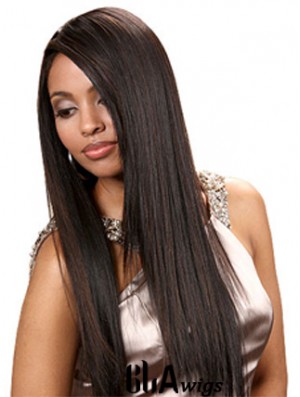
While some of us struggled with loving our hair, other black women rocked with the fro (this was the 70’s look). Those women who wore their hair naturally got backlash for years because of the way they wore their curls. They were the big steppingstones for African American women today who struggle with accepting their kinky curly and or afro texture hair. Along with afros came styling with afros the woman alone in the photo has a heart shaped afro. African American women with styles like this were put down and talked about not only by oppressors but also by other African American women and men who talked down on them for accepting their natural hair.
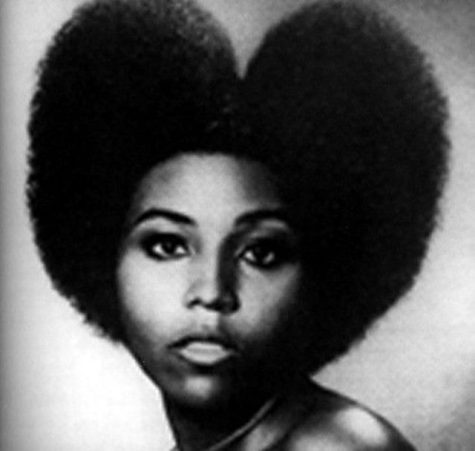
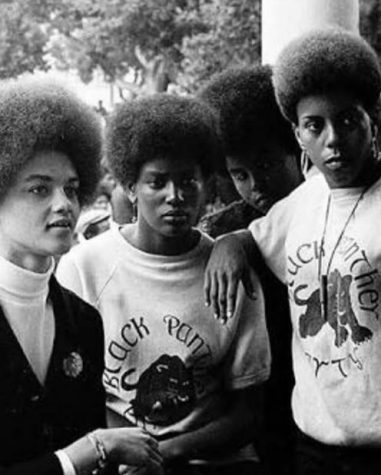
Then something amazing called “the big chop” happened after the damage was done, perms and straighteners only last so long. And the patients and put up for it wore thin and there were now pixie cuts, small afros, and finger waves. They flourished for African American women. This became a big thing in pop\hip-hop culture as well as with pixie cuts it became a big thing and actors wore them along with models and black female music groups back in the times.
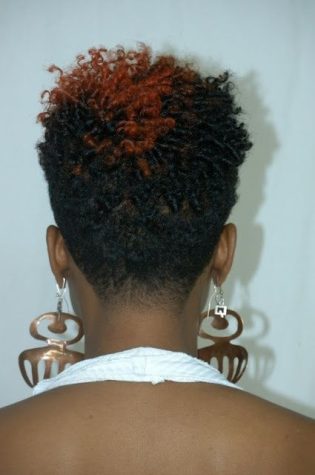
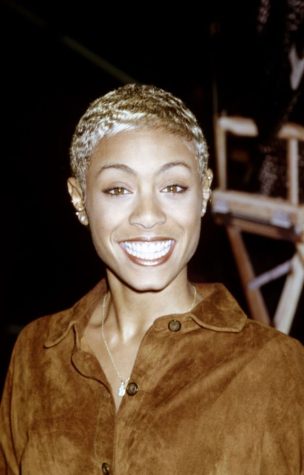
The craze was to be different, and with hair, African American women had that upper hand. More and more, African American women started with adding weave into braids and styles. Micro braids, cornrows, jumbo braids, etc. The list goes on and on with the hairstyles that had African American women feeling confident again in their own hair. Even TV shows started letting women of color wear these braided hairstyles and was now seen more as cultural fashion and not anymore as a “distraction”; It was a huge step forward.
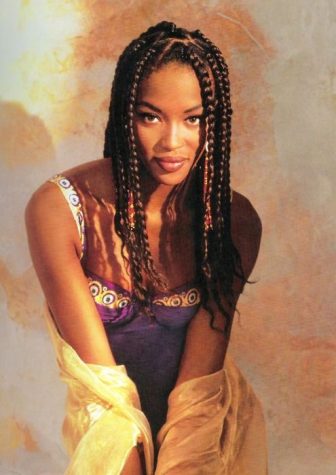
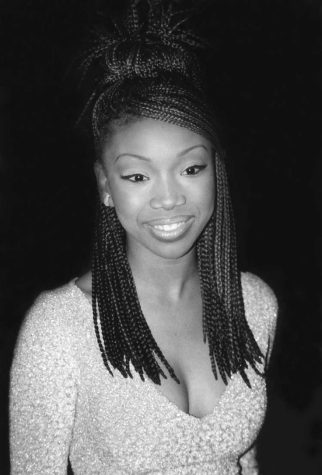
Onto the now with hair of 2023, we have amazing confidence with our hair out we have a better idea to care for it and have a better understanding and love for our natural hair. With new big designs and hairstyles and many of us let our hair flow with an afro. Or put it in braids and passion twists or wrap it up throw a bonnet on and leave it alone. Black women hairstyles have evolved for many years and many people ask why is this important for black culture? Braids, Afros, Curly kinky hairstyles represent resilience, freedom, power, spiritual growth, female empowerment and social status.
Now that we know the evolvement of black women’s hair, I’ll further explain the yes and no’s when it comes to black women hair. Wash days have been a confusing thing for some people. A wash day is the day out of the week when some of us wash or hair, now some of us wash our hair every day and don’t have our hair on a schedule. But some of us do and only wash our hair one day out of this week because our hair doesn’t push out as much oils as some straight hair textures do. But also wash day for some people can be when you put both shampoo and conditioner and maybe an oil and hair moisturizers and show your hair a little extra love that day out of the week.
It’s rude to ask an African American women or man if you can touch their hair. Or just touching and “petting” it. Its rude and dehumanizing. No. You Cannot Touch My Hair.
Carmella’s article greatly elaborated on that topic. And non-African American women or men wearing African American hairstyles is culture appropriation. if you don’t know what that word means it’s when someone not a part of a culture inappropriately “adopts customs or practices of one’s culture.” when the culture isn’t your own. No African American people don’t own braids, but braids are in our culture and non-African American people getting braids is not appreciation its appropriation and, in my opinion, really ignorant and inappropriate. these hairstyles and cultural styles always been beautiful and will continue to be steppingstones for African American people to connect to their cultural background, roots, and heritage. Happy black history month.
